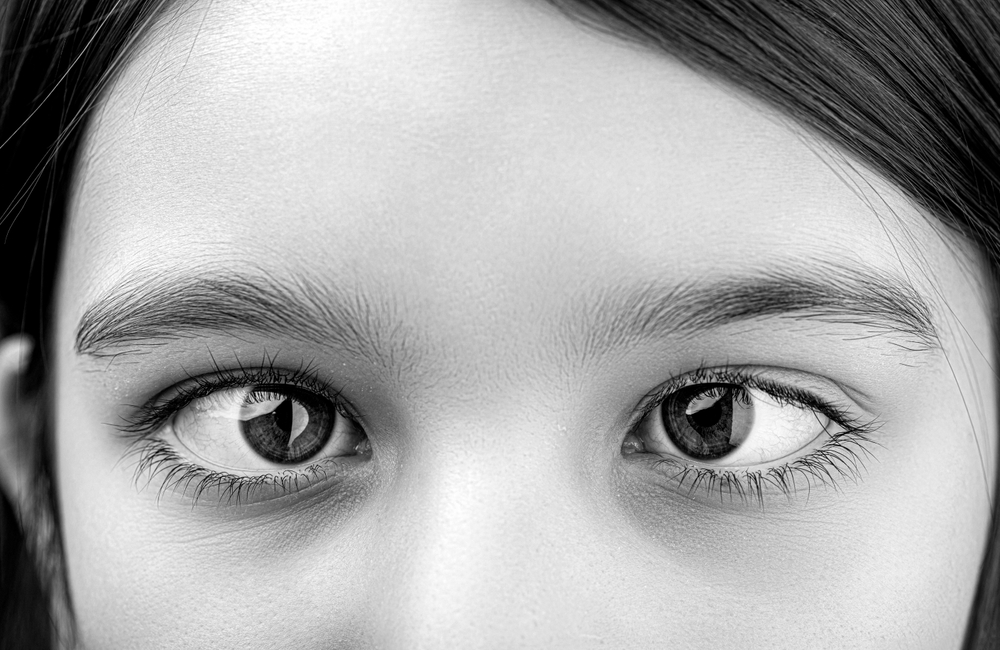
Recovering from a concussion isn’t always straightforward. While headaches, dizziness, and fatigue are well-known symptoms in the days following a head injury, some people continue to experience vision-related issues for months. These persistent symptoms may be due to Binocular Vision Dysfunction (BVD) - a condition where the eyes struggle to work together as a team.
Understanding BVD After a Concussion
A concussion can disrupt the delicate coordination between the eyes and brain. When this occurs, even small misalignments in eye movement can cause significant discomfort. With BVD, the brain works harder to merge the two images from each eye into a single, clear view. This extra effort can lead to:
Headaches or migraines
Dizziness and balance problems
Light sensitivity
Eye strain and fatigue
Difficulty concentrating or reading
A sense that words are moving on the page
These symptoms may be mistaken for lingering concussion effects, when in fact, they stem from the underlying vision misalignment.
Why Symptoms Can Last for Months
Unlike a muscle injury that heals with rest, visual system disruptions often require targeted treatment to improve. The visual processing pathways in the brain may remain out of sync long after other concussion symptoms have resolved. Without proper diagnosis and therapy, BVD-related symptoms can persist, making daily activities like driving, reading, or working at a computer exhausting.
Early Diagnosis Is Key
The sooner BVD is identified and treated, the faster you can return to your normal activities without the distraction of lingering symptoms. Early intervention can also prevent unnecessary frustration and improve quality of life, especially if you’ve been struggling with vision issues for months without answers.
A standard eye exam may not detect subtle eye misalignments caused by a concussion. That’s where a NeuroVisual examination comes in. This highly specialized assessment measures how well your eyes work together and identifies small misalignments that can be missed during routine testing.
At Federal Hill Eye Care, we use this advanced diagnostic process to uncover and treat BVD. If BVD is detected, custom micro-prism lenses can be prescribed to realign the images each eye sees, reducing strain on the brain and helping restore comfort and clarity.
Discover If BVD Is Behind Your Symptoms
If you’ve had a concussion and are still experiencing headaches, dizziness, or visual discomfort, you may be dealing with more than post-concussion syndrome. A NeuroVisual examination can reveal whether BVD is the cause—and provide a clear path to relief.
Contact Federal Hill Eye Care to schedule your NeuroVisual examination and take the first step toward ending months of lingering post-concussion symptoms. Visit our office in Baltimore, Maryland, or call (410) 752-8208 to book an appointment today.







